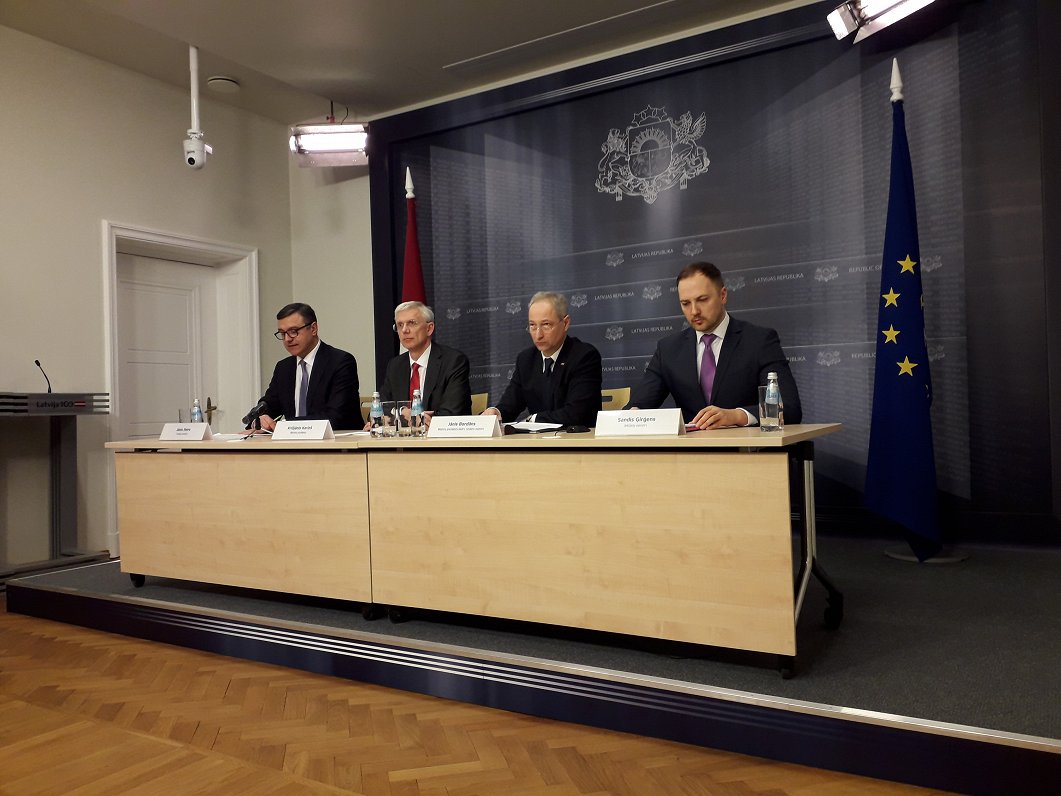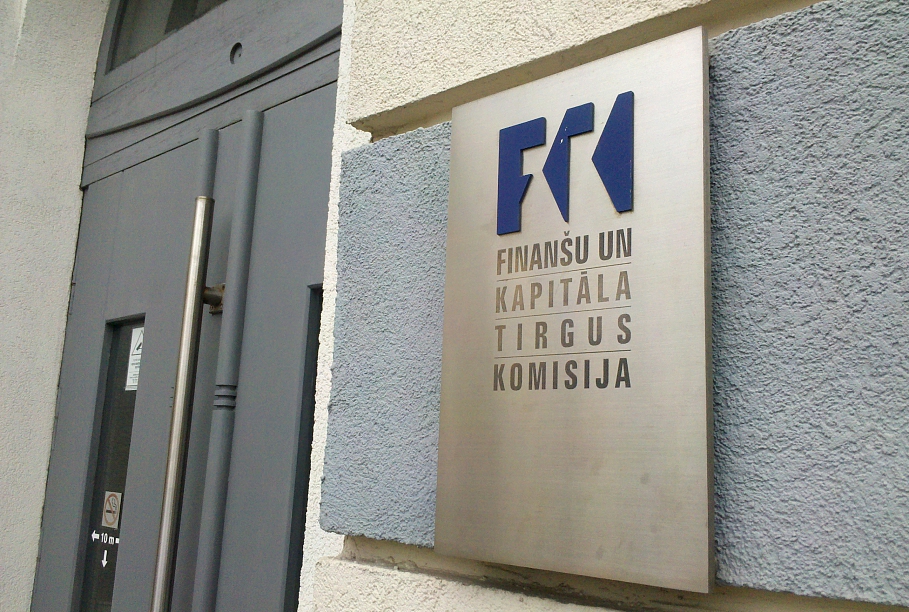Under the present system, the FKTK head is chosen in tandem by the head of the Latvian Central Bank and the Finance Minister, and then approved by Saeima.
But in a new departure, Reirs signaled that in future senior FKTK staff should be selected by open competition, with the first such selection process taking place possibly by the end of this year. That would mean current FKTK chairman Pēters Putniņš will face the prospect of having to re-apply for the job he now holds, if he wants to continue.
"We have prepared a cardinal reform in the work of the FKTK board - putting into law responsibility for monitoring illegal or criminal assets. FKTK currently monitors such matters as bank liquidity, but not money laundering. The appointment procedure will also be changed," Reirs told Latvian Radio in an early-morning interview.
The Finance Minister explained that Saeima currently votes on the appointment of the FKTK head and his or her deputy. The FKTK head then has the power to appoint three board members. This too is set to change under Reirs' plan.
"We will offer [the solution] that the State Chancellery will make the selection [of candidates] for the Saeima to approve," Reirs said. A similar method is already used to select other senior state officials such as the head of the tax revenue service and would seem to increase the perceived distance between the central bank and the financial regulator.
Asked if Putniņš retained his trust, Reirs would only say that Saeima will have to approve the new FKTK board before October 1, and that Putniņš will be able to participate in the competition.
As previously reported by LSM, the reforms are part of an urgent package prepared by Reirs at the behest of Prime Minister Krišjānis Kariņš in a bid to rehabilitate the reputation of the financial sector following a series of massive money-laundering scandals and ongoing controversy concerning allegations central bank chief Ilmārs Rimšēvičs solicited bribes from banks in return for exerting pressure on the regulator. Rimšēvičs has denied the allegations. Investigations into the case are ongoing.

Later in the day, following a cabinet meeting, Reirs appeared alongside Prime Minister Krišjānis Kariņš, Justice Minister Jānis Bordāns and Interior Minister Sandis Ģirģens and again repeatedly stressed the "cardinal changes to the system" which will include significantly broadening the responsibilities of the financial regulator to fight money laundering and to streamline the liquidation process if and when banks are wound up.
"There will no longer be any doubt if liquidation is required or not," Reirs said, and stated that the process of liquidation would be controlled by FKTK and that the new method of selecting the FKTK chairman would remove the chance of political interference in the process.
Bordāns and Ģirģens said laws would be tightened up in their areas of responsibility too, revising the definitions of financial crimes and the penalties they could result in under law.
Kariņš lauded the overall package, saying "We will not just fulfill the Moneyval recommendations... but we will provide a good example to other European countries of how best to tackle these problems," and the result would be a sustainable and competitive financial sector.






























